‘Australians, you shall decarbonise. Electricity bills shall go up, energy security shall go down, and damage to the environment shall be ignored – a cabal of global elites has made this decision for you. As Net Zero Minister, I declare that state cooperation is assured; debt has no consequence; spending has no limit; markets have no meaning.
Already a subscriber? Log in
Subscribe for just $2 a week
Try a month of The Spectator Australia absolutely free and without commitment. Not only that but – if you choose to continue – you’ll pay just $2 a week for your first year.
- Unlimited access to spectator.com.au and app
- The weekly edition on the Spectator Australia app
- Spectator podcasts and newsletters
- Full access to spectator.co.uk
Or

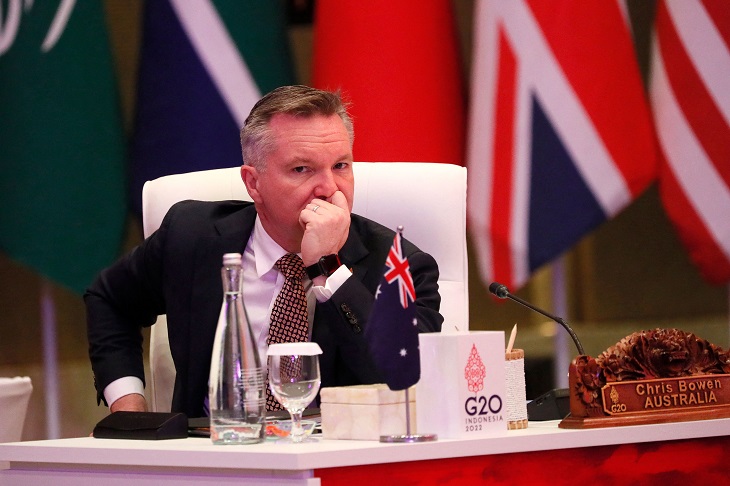

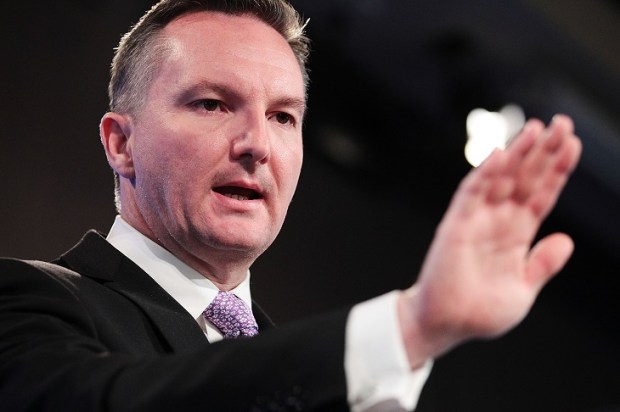
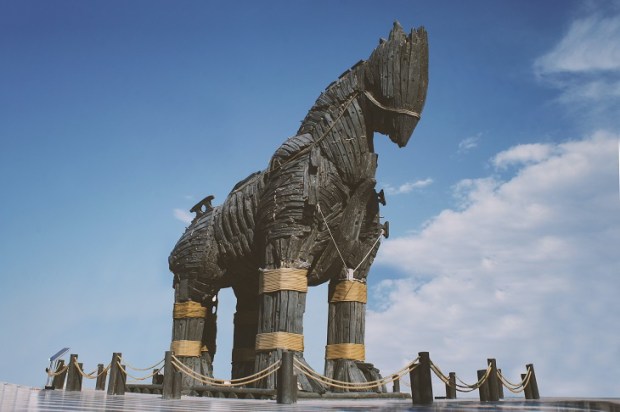
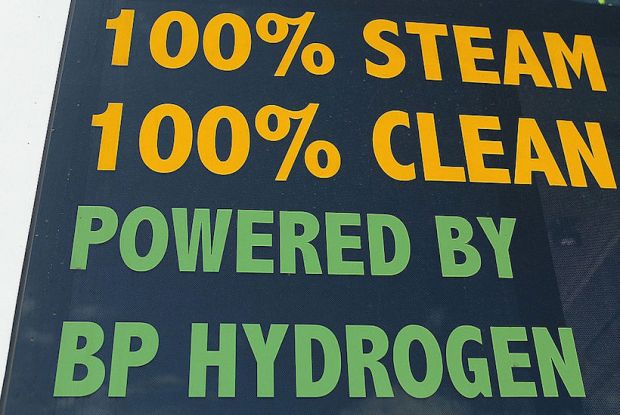

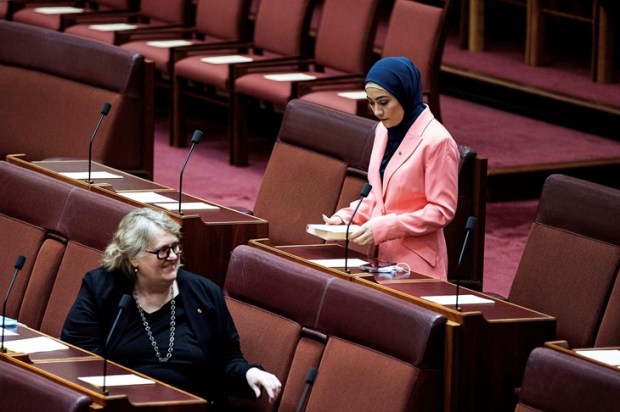


















Comments
Don't miss out
Join the conversation with other Spectator Australia readers. Subscribe to leave a comment.
SUBSCRIBEAlready a subscriber? Log in